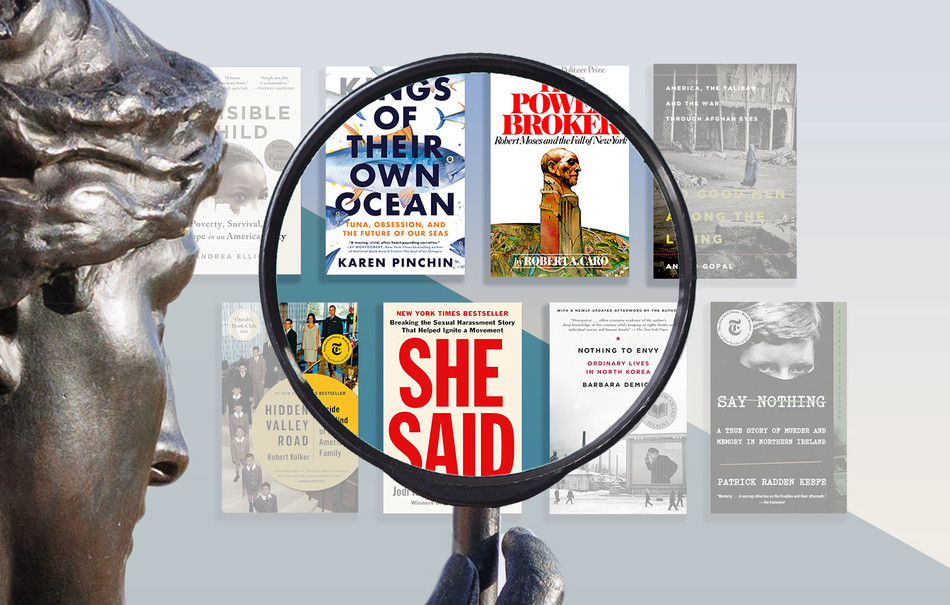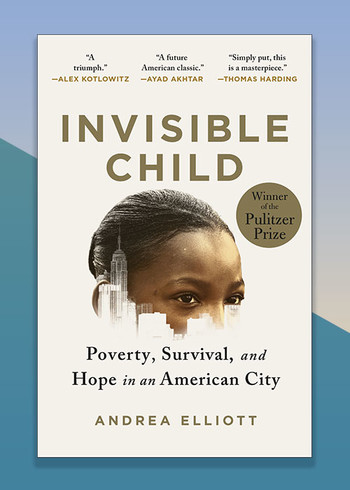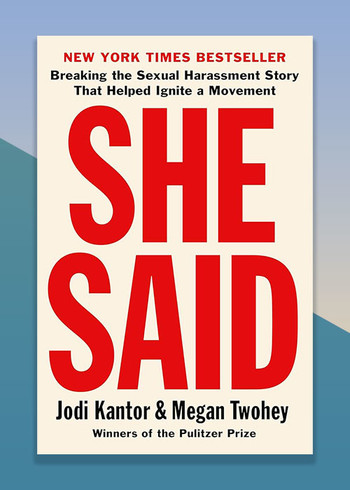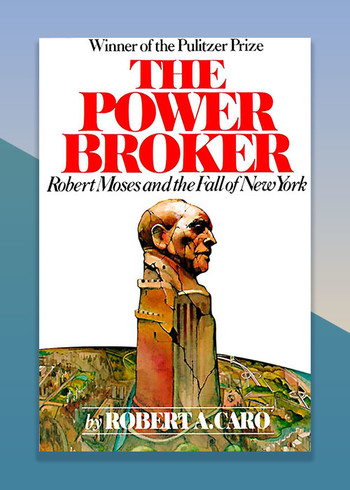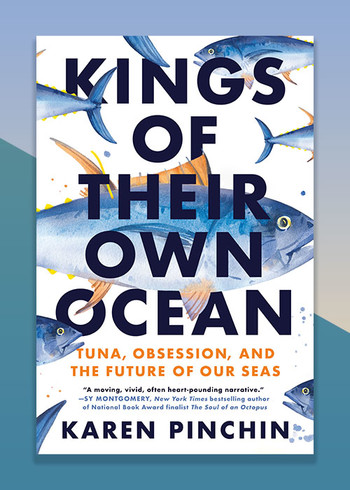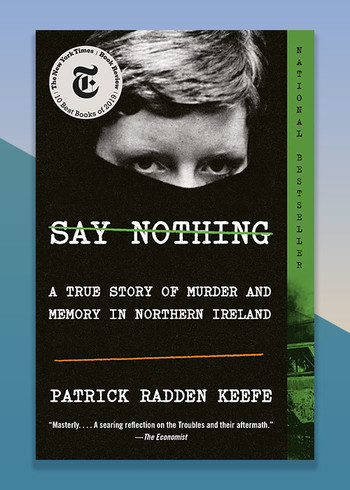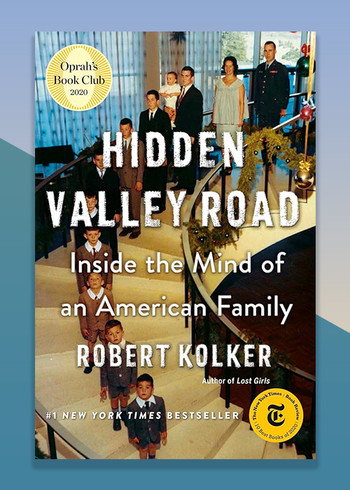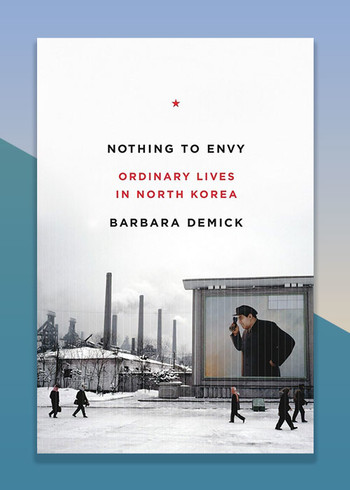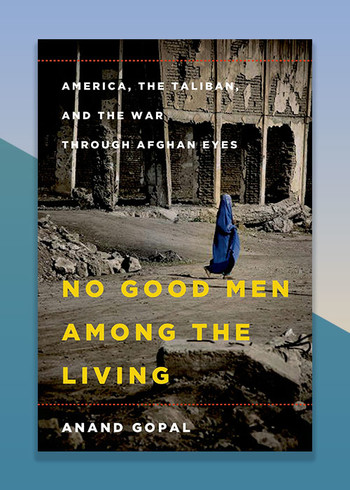When done right, a work of literary journalism can be as compelling as a great novel. In these eight books, all by Columbia alumni, the authors have immersed themselves in complex events or difficult situations in dogged pursuit of two things — a great story, and the truth.
Invisible Child
By Andrea Elliott ’99JRN
Tens of thousands of New York City’s children have spent time living in a homeless shelter — a staggering statistic that continues to grow as housing prices skyrocket in America’s biggest city. In her stunning, Pulitzer Prize-winning book, New York Times investigative reporter Andrea Elliott tells the story of one of them. Elliott spent eight years with Dasani, a bright girl navigating a difficult world. In the book, she traces Dasani’s family history from slavery to the Great Migration to the present day to parse the myriad factors that led to the family’s situation, and follows Dasani from sixth grade through the end of high school as she is forced to make heartbreaking choices about her future.
She Said
Jodi Kantor ’96CC and Megan Twohey
When journalists Jodi Kantor and Megan Twohey broke the story of Harvey Weinstein’s decades of sexual harassment and abuse in the New York Times, they never could have predicted what would happen next. In the months that followed, hundreds of women would come forward to share their own stories of mistreatment, fueling outrage, activism, and the #MeToo movement. In their book — which was made into an Oscar-nominated movie in 2022 — the Pulitzer Prize–winning team offers a riveting behind-the-scenes look at the perils, process, and payoff of this extraordinary feat of investigative journalism.
The Power Broker
By Robert Caro ’68JRN
Clocking in at 1,336 pages, Robert A. Caro’s monumental biography of urban developer Robert Moses is definitely not a quick read. But it’s arguably the most famous work of twentieth century investigative journalism, and with good reason. With impeccable research and riveting prose, Caro, who earned a certificate from Columbia Journalism School in 1968, delves deeply into the complex story of how one man manipulated power at the state and local levels to change the face of New York City and the communities within it.
Kings of Their Own Ocean
By Karen Pinchin ’19JRN
In 2001, off the coast of New England, a fisherman named Al Anderson caught and tagged a massive bluefin tuna, and then released it back into the ocean. Fourteen years later, that tuna was caught again — in a fish trap in the Mediterranean Sea. Pinchin uses the intrepid tuna’s journey as a jumping off point to explore the impacts of commercial fishing and climate change on this ancient species, and, more generally, on our oceans as a whole.
Say Nothing
Patrick Radden Keefe ’99CC
In 1972 — the early days of the “Troubles” in Northern Ireland — Jean McConville, a widowed mother of ten, was abducted from her home in Belfast, never to be seen again. McConville’s abduction, almost certainly by the IRA, became one of the most famous incidents of the conflict. In his impeccably researched bestseller, Keefe uses it as a jumping-off point to write a comprehensive history of the Troubles, interviewing dozens of people to capture the complex political and cultural forces that contributed to a tumultuous time.
Hidden Valley Road
By Robert Kolker ’91CC
With twelve children born between 1945 and 1965, the Galvins of Colorado Springs seemed like the poster family for the American baby boom. But by the mid-1970s, six of those children had been diagnosed with schizophrenia, and begun a rapid descent into madness. Why did it strike the Galvins so many times, and what was the impact? In his bestselling book, journalist Robert Kolker takes an intensive look at the history of this devastating disease, as well as at an extraordinary family that it came to define.
Nothing to Envy
By Barbara Demick ’85JRN
North Korea is doubtlessly one of the most repressive nations in the world — and also one of the most enigmatic. With no internet, near-total media censorship, and little movement in and out of the border, it’s almost impossible for Westerners to understand what daily life is like there. Demick, the former Seoul bureau chief of the LA Times, changes that with her ground-breaking book, a portrait of six North Korean defectors. Through them, we gain insight into the difficult lives they led during a particularly bleak period in the country’s history, and to the factors that ultimately contributed to their courageous choices to leave.
No Good Men Among the Living
By Anand Gopal ’17GSAS
Countless pundits have speculated on how the US made such a disastrous mess of the war in Afghanistan. But in his first book, Gopal provides a much-needed alternate perspective: from the Afghan side. In the book, which was a finalist for the Pulitzer Prize and National Book Award, Gopal profiles three Afghans — a Taliban commander, a US-backed warlord, and a village housewife with torn loyalties — to tell the dramatic story of how America was close to eradicating the Taliban, only to lose its tenuous grip.
